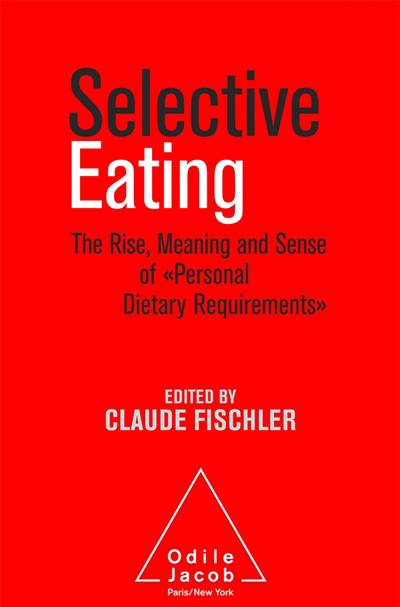
- Afhalen na 1 uur in een winkel met voorraad
- Gratis thuislevering in België
- Ruim aanbod met 7 miljoen producten
- Afhalen na 1 uur in een winkel met voorraad
- Gratis thuislevering in België
- Ruim aanbod met 7 miljoen producten
Omschrijving
In most (if not all) human societies, turning down food offered amounts
to rejecting the relationship, pulling out of the circle of guests and the
group. It indicates distrust and may prompt exclusion. In today's world,
however, a large and apparently growing number of people are asserting
personal dietary requirements for a variety of reasons: medical
(allergies and intolerance); health and weight (various diets and
regimens); ethical, political and spiritual (vegetarianism, veganism,
religious restrictions). Does the sudden assertion of these individual
demands indicate an evolution or even a rejection of what can be
considered the bedrock of sociability: the sharing of meals?
The issue of selective eating is explored here from a wide interdisciplinary
perspective: from a biomedical standpoint (immunology,
allergies and intolerances) to social and historical analyses. The rise
of personal dietary requirements poses questions as to the scope and
limits to individualization in contemporary societies. This book (and
the conference that gave rise to it) triggered a debate in the French
media: Will the trend lead to the end of eating as a social, shared
activity? Will we abandon all forms of commensal eating? Or will novel
configurations emerge, flexible enough but also ritualized enough so
that the experience of eating retains a sense of conviviality?
Specificaties
Betrokkenen
- Auteur(s):
- Uitgeverij:
Inhoud
- Aantal bladzijden:
- 264
- Taal:
- Frans
Eigenschappen
- Productcode (EAN):
- 9782738132130
- Verschijningsdatum:
- 29/04/2015
- Uitvoering:
- Paperback
- Afmetingen:
- 150 mm x 220 mm
- Gewicht:
- 302 g

Alleen bij Standaard Boekhandel
Beoordelingen
We publiceren alleen reviews die voldoen aan de voorwaarden voor reviews. Bekijk onze voorwaarden voor reviews.












